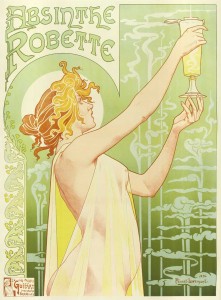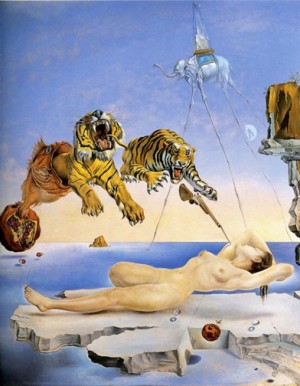“Inspiration exists, but it has to find us working.” –Pablo Picasso
I’ll tell you a secret: inspiration is a fickle, fickle mistress.
One of the questions people ask me most frequently about my writing process is, “Where do you get your inspiration?” Despite the frequency of its asking, the question usually catches me off guard, leaving me struggling to answer with half-sentences and mixed metaphors. Why is the question so difficult? Not because I am never inspired, nor because inspiration doesn’t exist, but because at any given time I have no idea where my next jolt of inspiration will come from. There is no enchanted well that I drink from, no mystical invocation to a Muse, no Zeus’ fire bolt from Olympus. Gee, I wish.
Nope. There’s just me, and my weird little brain, and the world around me.
Inspiration comes from all sorts of places, and sometimes nowhere at all. Confused yet? Let me try to explain. An dream, an image, a phrase, a name, or even a single word; sometimes the simplest, most banal occurrence can set off a veritable waterfall of ideas that lead to plot outlines, interesting characters, entire made-up worlds. One of the major world-building elements in my most recent novel was based almost entirely on a recurring dream I had years ago. I wrote a short story inspired by nothing more than a short phrase that popped into my head one random afternoon. Reading, living, watching, listening, being. Daydreaming. A lot of daydreaming. And sometimes that’s all it takes.


